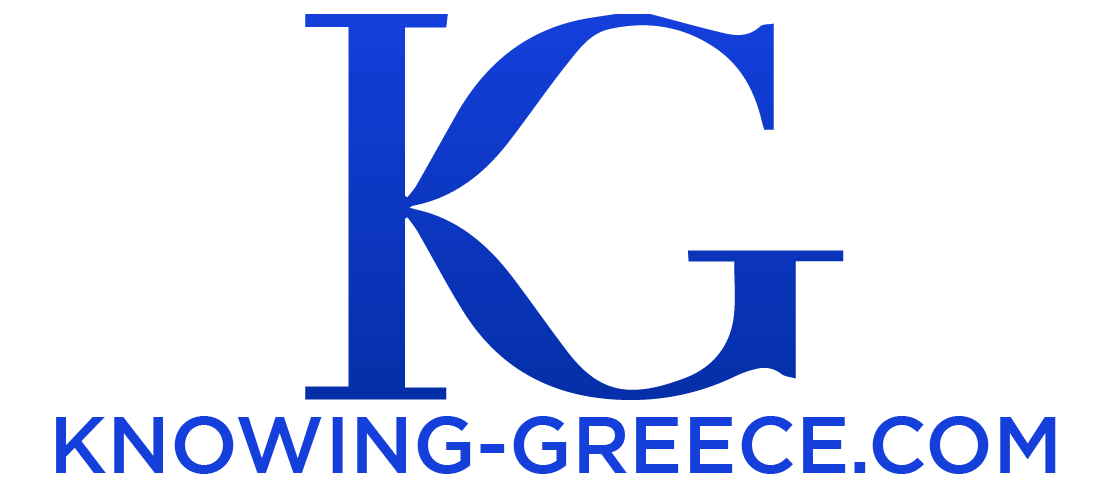Ancient Greek mythology is a subject that has fascinated people for centuries. It is a collection of stories, myths and legends that have been passed down from generation to generation, and has had a significant impact on art, literature, and culture. In this blog post, we will explore the myths of Ancient Greece, debunking some of the common myths and misconceptions about this rich and complex mythology.
The gods and goddesses
The gods and goddesses are some of the most prominent figures in Ancient Greek mythology. These divine beings were believed to have lived on Mount Olympus and were responsible for the creation of the world and the fate of humanity. There were 12 major gods and goddesses, with Zeus, the king of the gods, being the most powerful. Other notable gods and goddesses included Apollo, Aphrodite, Athena, Demeter, Hera, and Poseidon.
Each god and goddess had a unique set of characteristics, powers, and roles. Zeus was the god of the sky and thunder, while Apollo was the god of music, poetry, and prophecy. Athena was the goddess of wisdom and warfare, while Aphrodite was the goddess of love and beauty. The relationships and genealogies between the gods and goddesses were complex, with many intermarriages and offspring.
The mythological creatures
The mythological creatures in Ancient Greek mythology are another fascinating aspect of this mythology. These creatures were often portrayed as being part animal and part human, or having otherworldly powers and abilities. Some of the most famous mythological creatures include the Minotaur, a creature with the body of a man and the head of a bull, and the Hydra, a many-headed serpent that was impossible to kill.
Each mythological creature had its own unique characteristics, powers, and role in the mythology. The Minotaur was a fearsome creature that lived in a labyrinth and was defeated by Theseus, a legendary hero. The Hydra was a monster that grew two new heads for each one that was cut off and was eventually killed by Hercules, another famous hero.
The mythological heroes
The mythological heroes in Ancient Greek mythology were individuals who were believed to have extraordinary abilities and accomplishments. These heroes were often the offspring of gods and humans and were responsible for many legendary feats. Some of the most famous heroes include Achilles, who was invulnerable except for his heel, and Odysseus, who went on a long and perilous journey to return home after the Trojan War.
Each mythological hero had their own unique characteristics, powers, and role in the mythology. Achilles was a fierce warrior who was eventually killed by an arrow to his heel, while Odysseus was known for his cunning and intelligence, which helped him overcome many obstacles on his journey home.
The mythological places
The mythological places in Ancient Greek mythology were often the settings for many of the stories and legends. These places were believed to be located in the real world, but were often imbued with magical or mystical properties. Some of the most famous mythological places include Mount Olympus, the home of the gods and goddesses, and the Underworld, the realm of the dead.
Each mythological place had its own unique characteristics and significance. Mount Olympus was the highest mountain in Greece and was believed to be the home of the gods and goddesses. The Underworld was a dark and eerie place where the dead resided and was ruled by Hades, the god of the Underworld.
Conclusion
In conclusion, Ancient Greek mythology is a rich and complex subject that has captivated people for centuries. In this blog post, we have explored some of the myths and misconceptions surrounding this fascinating mythology. We have delved into the main gods and goddesses, mythological creatures, heroes, and places, providing
